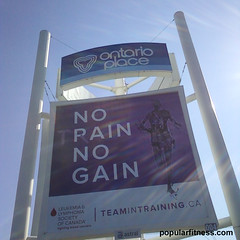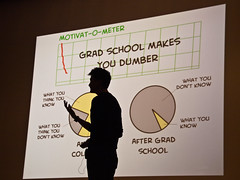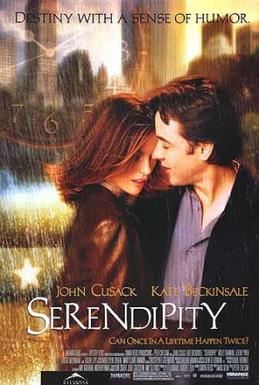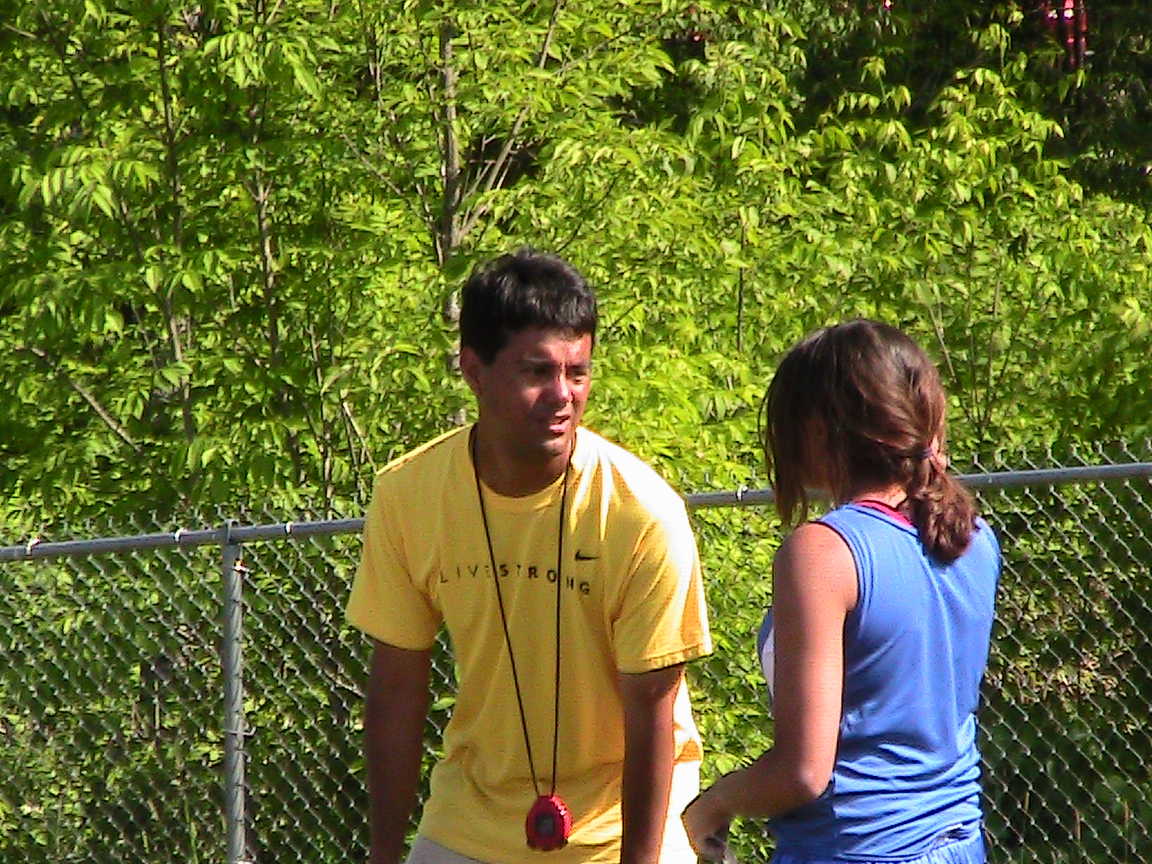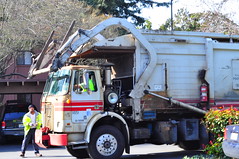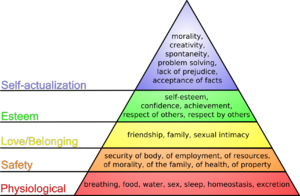Did you ever dream of going on a crazy road trip, one that you plotted as you went along, stopping at roadside attractions as they caught your fancy, hunkering down in flea motels when you found yourself reverse blinking? Maybe you even lived the fantasy and took one of these trips. Here's the secret: That roadtrip process? That's life.
Far too often I see my senior students paralyzed by uncertainty, waiting for some mythical work/life destination to appear before they can begin moving forward. In reality, you'll find the endpoint as you travel. And, in so doing, come to realize that the travel is the destination.
Start Moving Toward a "Region"
In your twenties, you don’t have to be able to say the job-equivalent of “I want to go to Coos Bay, Oregon.” Even if your friends can. You might just be able to say, “I want to go to Oregon.” Or “I want to go to the Pacific Northwest.” Or even, “I want to go somewhere on the West Coast.” And that's plenty. As long as you start moving.
Where should you go? When it comes to work, pick a "region" based on the topics that resonate for you, the skills you've developed, and the experiences you've had. In her book The Defining Decade, psychologist Meg Jay makes the excellent point that twentysomethings don't have as many options as they think; your past and your abilities constrain your options. While this may seem frustrating, it's actually sweet relief. Too many choices leads to decision paralysis, so it's best to work with the limitations instead of against them: accept the "region" that resonates and move toward it.
Avoid the Push Toward Specificity
Imagine you take my advice and announce to your family the work equivalent of "I'm heading to the West Coast." For instance, you say, "I'm gonna try working in communications." Yikes. Welcome to pushback galore. To put it mildly.
That's because the people who care about you - the people who are honing in on a more concrete destination for themselves (but don't let them fool you, they're most likely still searching too) - will experience discomfort over your lack of specificity. They want to feel like they "raised you right" and set you up for an independent life. That is their issue, not yours. Thing is, as long as you're moving forward - as long as you're going somewhere and staying mindful, reflective and engaged while on the journey - they have nothing to worry about
Even if you can't convince them of this, as long as you believe it, that's all that matters. And trust me, you'll be better off for living an active nonspecific life, despite the fallout: specifying too soon for the wrong reasons can result in extreme confusion later in life.
You Can't Plot It All Out
Not only is it better for your sense of self if you avoid early specificity, it's also potentially impossible to specify early in life. As many scholars claim, what you end up doing in ten or fifteen years may very well be in a field, industry, or company that doesn't even exist yet.
The most compelling example I've seen of this is in Sheryl Sandberg's book Lean In. She writes that there was no way as a twentysomething she could have possibly prepared for or plotted toward her current role of COO of Facebook: when she was graduating from college, Mark Zuckerberg was in 8th grade.
You'll Miss Out on the Best Stuff if You Plan Too Much
Back to the roadtrip analogy, as you drive out toward your "region," you’ll start seeing billboards and brochures for cool diversions and roadside attractions. Since you're not on a set timeline with a strict destination, you’re able to shift course and check them out. A giant whale? Cool. A beer can house? Cooler. The World's Largest Pez Dispenser? Sounds cool, but it's not so much.
As long as you keep forward motion going - I wouldn't recommend camping out indefinitely at Totem Pole Park, for instance - this process can be not only enjoyable, but also highly informative. When it comes to identity development, this sort of action paired with reflection leads to the best outcomes.
Start The Journey
If you take the forward-motion-without-a-clear-destination approach, you might pick a career that you'd never expected that fulfills you in ways you couldn't have imagined.
Using our analogy, you might be much better suited to life in Seattle than you'd imagined when you were still on the East Coast, focusing solely on the volume of rain in the city (150 days!). But as you get closer to the West Coast, you realize that coffeehouses and grunge revival bands and men throwing fish grossly outweigh your distaste for rain. And, voila, you find a "city" that you love.
It all comes down to what E.L. Doctorow said about writing novels:
“Writing is like driving at night in the fog. You can only see as far as your headlights, but you can make the whole trip that way.”
So too with life.
Don't get too far ahead of your beams. And don't wait to start moving until you can see the end of the road.
Time to rev up the comments engine here at our new site: What's your experience traveling without a destination, literally or figuratively?








